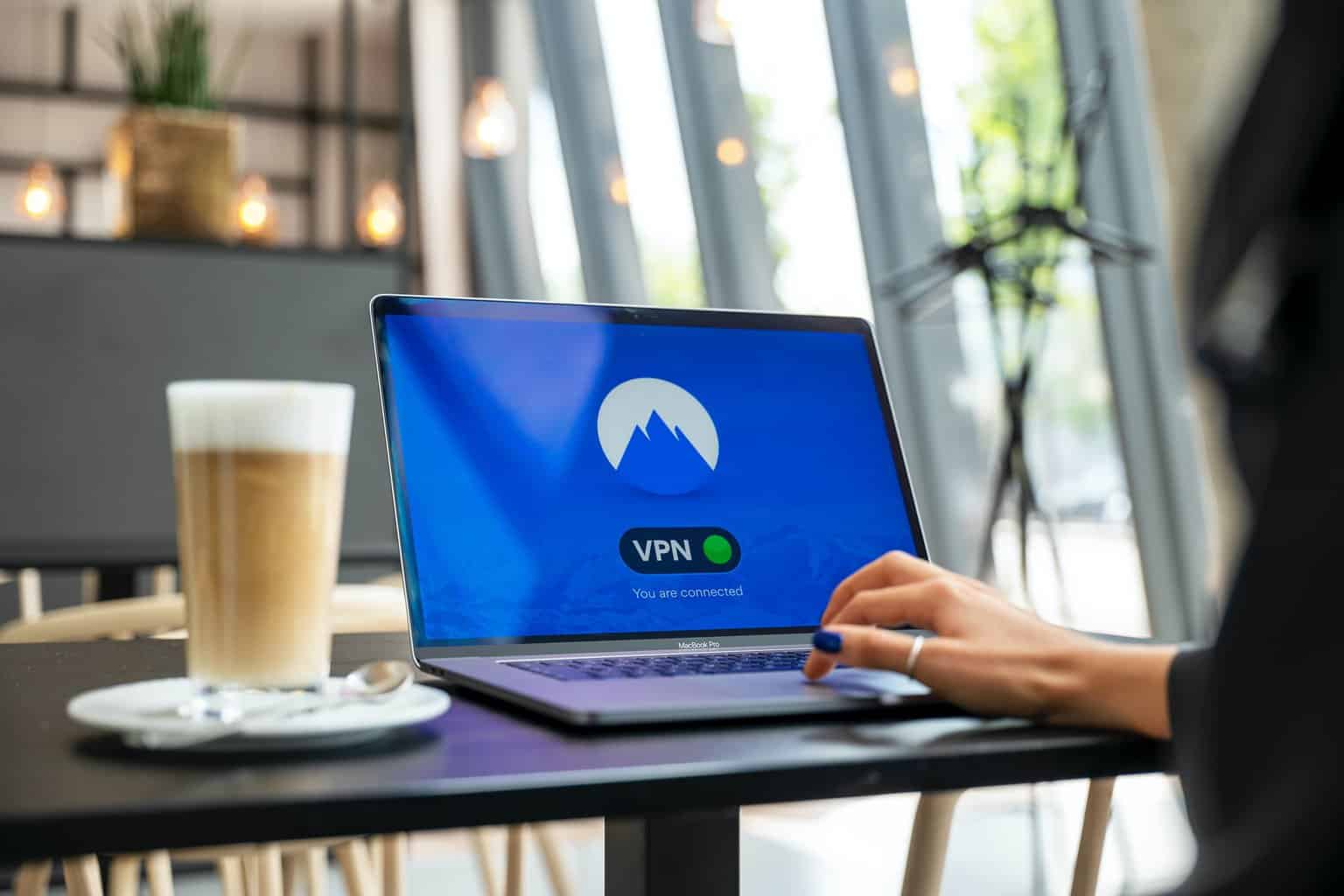
05 Jul Five Benefits of Remote Access VPN For Your Business
Businesses started transitioning to a more digital environment when the COVID-19 pandemic first surfaced, with many employees and corporate executives working remotely. Businesses were exposed to numerous vulnerabilities as a result of this fast change, particularly in terms of cybersecurity.
It is more important than ever to safeguard online activities since approximately 65% of cyberattacks target small to medium-sized businesses. If this fits your business, a vpn solution for remote access is a useful tool that provides a secure, dependable connection to give your official data a secure, reliable way to connect to your business’ computer systems.
Table of Contents
Why Is There a Need to Use a VPN
 If your company employs remote workers who frequently travel or work from home while accessing potentially insecure public networks and devices, you should consider remote-access VPNs. According to data released by Forbes, the worldwide VPN market was worth $15 billion in 2016 and is expected to increase by 18% by 2022.
If your company employs remote workers who frequently travel or work from home while accessing potentially insecure public networks and devices, you should consider remote-access VPNs. According to data released by Forbes, the worldwide VPN market was worth $15 billion in 2016 and is expected to increase by 18% by 2022.
With just a few clicks, VPNs give these remote workers a safe channel to connect to their company’s network and access the data they require to complete their tasks. VPNs are now so beneficial for organizations and their employees’ success that they are no longer just for remote connections.
How Do VPNs for Remote Access Operate
 Even if a user is connected in a public area, remote access VPNs provide a virtual, private tunnel between the network of a company and the remote user. When the traffic is encrypted, no shared information may be intercepted or altered and is, therefore, unreadable to others on the same network. The protections and security advantages are the same as if they were physically at their workplace linked to your network. With VPNs, they are simply working remotely and digitally connected instead.
Even if a user is connected in a public area, remote access VPNs provide a virtual, private tunnel between the network of a company and the remote user. When the traffic is encrypted, no shared information may be intercepted or altered and is, therefore, unreadable to others on the same network. The protections and security advantages are the same as if they were physically at their workplace linked to your network. With VPNs, they are simply working remotely and digitally connected instead.
It’s not too difficult to set up a remote access VPN for your team. The only steps required are to choose a provider, buy, install, and set up a VPN gateway in your company. Your distant employee will next establish an internet connection, connect to the VPN server using client software that is locally installed on their computer, or use a web browser. Employees can securely access internal corporate resources once they are connected.
Benefits of Remote Access VPN
Using remote access VPNs have several benefits, especially in today’s largely digital corporate environment. Below are some to consider.
1. Improves Information Security
 All businesses need to safeguard sensitive data and customer information. The business might become a target of a significant cyberattack and be held responsible if any of its data is lost or stolen. The majority of organizations get a VPN to avoid this.
All businesses need to safeguard sensitive data and customer information. The business might become a target of a significant cyberattack and be held responsible if any of its data is lost or stolen. The majority of organizations get a VPN to avoid this.
Data security for remote workers is the most evident advantage of remote access VPNs. Since it is encrypted, remote employees can send data through the VPN without being concerned that a hacker will intercept it. In this manner, everyone in the company can carry on with operations as usual, wherever they are located.
2. Enhances Employee Productivity
Employees still need to use the services that are only accessible while linked to the company’s network even when they are away from the office. Fortunately, there are Wi-Fi hotspots almost everywhere and high-speed cellular data networks that provide access to the internet virtually everywhere.
With the help of a VPN, private network access is also widely available. Employees may access company applications and boost productivity when away from the office with the use of a VPN and mobile internet connection.
3. Compliance with Personal Data Laws
Numerous businesses must implement technical measures to secure the data they process in order to be compliant with the GDPR and other personal data legislation. A remote access VPN can limit third parties’ access to such personal information.
Your responsible staff could securely access and process the data, thanks to the encryption tunnel. If carried out properly, this action can assist you in maintaining legal compliance with local and international data protection laws.
4. Gives Access to Blocked Websites
 If you have employees who travel abroad, using a VPN to change your IP address may be required in nations where access to websites is limited. You can browse anonymously and securely store your information in a hidden location. While utilizing Wi-Fi to browse the internet on your device, unblock websites, safeguard your online privacy, and keep it secure. You can get around content restrictions most successfully with a VPN.
If you have employees who travel abroad, using a VPN to change your IP address may be required in nations where access to websites is limited. You can browse anonymously and securely store your information in a hidden location. While utilizing Wi-Fi to browse the internet on your device, unblock websites, safeguard your online privacy, and keep it secure. You can get around content restrictions most successfully with a VPN.
A VPN connection is used to send and receive all data through a virtual tunnel that uses encryption and routes your traffic through various IP addresses. This allows VPNs to enable you to access websites and online services that would otherwise be restricted.
5. Affordable for Businesses
VPNs are not as costly as you would imagine. They actually rank among the most economical IT security services available and don’t demand a significant IT budget.
It is of utmost importance to safeguard your data and maintain your servers secure because doing so generates trust in your company. There are many cloud VPN services available, and none of them require an extensive server or team installation.
By using a remote access VPN, you can affordably give each of your employees a secure network connection. Small firms should budget $5 to $15 per user every month. There are many choices available, so you may compare their features and decide which ones fit within your price range.
Conclusion
Small businesses have been frequently searching for a viable yet economical choice. The best alternative for any business is a VPN because it entirely protects your network from all types of cybercriminals.
If your company decides to utilize one, it’s crucial to set up a long-term onboarding plan so that all of your employees are aware of how to use it and its advantages



No Comments